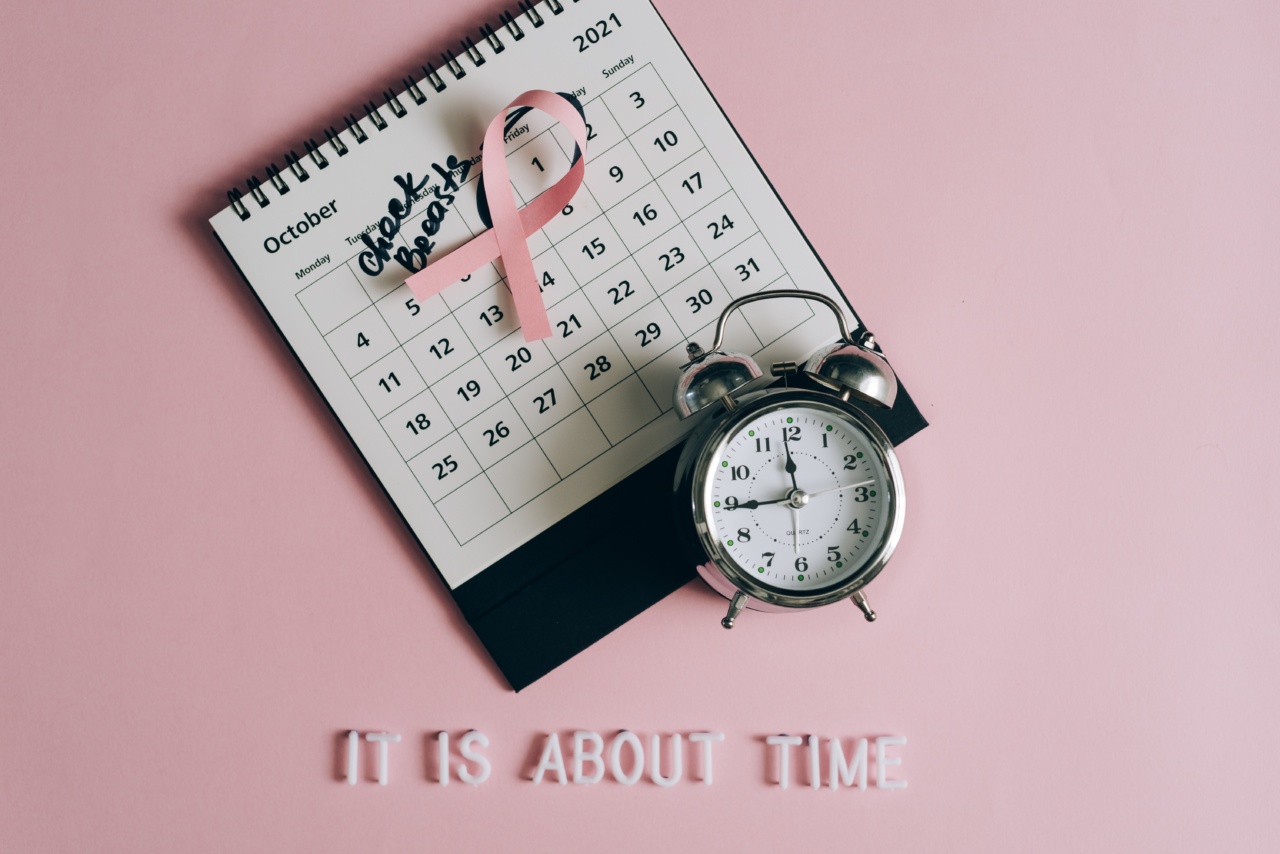Cancer is a deadly disease that affects millions of people worldwide. While there are certain risk factors that cannot be controlled, such as genetics and family history, there are several steps you can take to reduce your cancer risk.
By making simple lifestyle changes and taking precautionary measures, you can significantly lower your chances of developing cancer. In this article, we will discuss some effective ways to reduce your cancer risk.
Eat a Healthy Diet
A healthy diet plays a crucial role in maintaining overall health and reducing the risk of cancer. Include a variety of fruits, vegetables, whole grains, and lean proteins in your meals.
Avoid processed foods, sugary snacks, and excessive consumption of red and processed meats. Choose organic produce whenever possible to minimize your exposure to pesticides and other harmful chemicals.
Maintain a Healthy Weight
Being overweight or obese increases the risk of developing various types of cancer, including breast, colorectal, kidney, and pancreatic cancer. Establish a balanced approach to nutrition and exercise to achieve and maintain a healthy weight.
Incorporate regular physical activity into your routine, such as walking, swimming, or cycling.
Quit Smoking
Smoking is the leading cause of preventable cancer deaths. It is responsible for several types of cancer, including lung, throat, mouth, and bladder cancer. Quitting smoking is one of the most effective ways to reduce your cancer risk.
Seek professional help, join support groups, or try nicotine replacement therapies to quit smoking successfully.
Limited Alcohol Consumption
Excessive alcohol consumption has been linked to an increased risk of several types of cancer, including liver, breast, and colon cancer. If you choose to drink alcohol, do so in moderation.
Women should limit their intake to one drink per day, while men should stick to no more than two drinks per day.
Protect Yourself from the Sun
Exposure to the sun’s harmful ultraviolet (UV) rays is a significant risk factor for skin cancer. Protect yourself by wearing sunscreen with a high sun protection factor (SPF), seeking shade between 10 a.m.
and 4 p.m., and wearing protective clothing, such as hats and sunglasses. Avoid using tanning beds, as they also emit harmful UV radiation.
Stay Active
Regular physical activity not only helps maintain a healthy weight but also reduces the risk of various types of cancer. Aim for at least 150 minutes of moderate-intensity exercise or 75 minutes of vigorous exercise per week.
Find activities you enjoy, such as jogging, dancing, or playing tennis, and incorporate them into your routine.
Get Vaccinated
Some cancers are caused by viruses, such as human papillomavirus (HPV) and hepatitis B and C. Vaccines are available to protect against these viruses and significantly reduce the risk of related cancers.
Talk to your healthcare provider about getting vaccinated if you haven’t already.
Screening and Early Detection
Regular cancer screenings can help detect cancer at an early stage when it is most treatable. Follow recommended guidelines for screenings, such as mammograms for breast cancer, colonoscopies for colorectal cancer, and Pap tests for cervical cancer.
Discuss with your healthcare provider to determine which screenings are appropriate for you based on your age, gender, and family history.
Minimize Exposure to Carcinogens
Avoid exposure to known carcinogens, both in the environment and at the workplace. Use appropriate protective equipment and follow safety guidelines to minimize your risk.
Common carcinogens include asbestos, benzene, formaldehyde, and certain chemicals used in manufacturing and construction.
Reduce Stress and Practice Self-Care
Chronic stress can weaken the immune system and contribute to the development of various health issues, including cancer.
Finding healthy ways to manage stress, such as practicing relaxation techniques, exercising, spending time with loved ones, and engaging in hobbies, can help reduce your overall cancer risk.
Conclusion
Reducing the risk of cancer is a combination of making lifestyle choices, taking preventive measures, and staying vigilant about screenings and early detection.
By following the tips mentioned in this article, you can significantly lower your risk of developing cancer. Remember, prevention is always better than cure when it comes to cancer, so start implementing these changes today to take charge of your health.






























